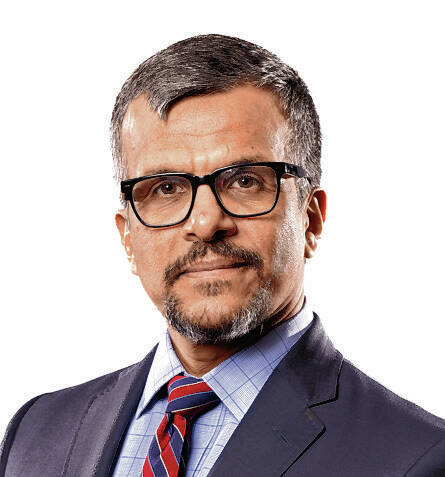March is colon cancer awareness month. There are numerous reasons why talking with your healthcare provider about colon cancer is important.
Colon cancer the third most common cancer among men and women. It also happens to be the third most common cause of cancer deaths in men and fourth in women. Combined in both men and women, it is the second most common cause of cancer deaths in United States.
Colon cancer is a silent threat. It often develops without noticeable symptoms in its early stages, earning it the moniker of a “silent killer.” By the time symptoms like changes in bowel habits, blood in stool, abdominal discomfort, or unexplained weight loss appear, the cancer may have already advanced to a more dangerous stage. This underscores the necessity of proactive measures to catch it early. But it’s not all bad news.
When it comes to colon cancer, there is good news. The number of people diagnosed with colon cancer since the mid-80s is decreasing, thanks to more awareness towards preventative screening, more sensitive screening tests, and people living healthier lifestyles.
However, as we are getting smarter, so is colon cancer. Plus, it’s getting more and more common in younger individuals. In people younger than 55, colon cancer rates have been increasing by 1% to 2% a year since the mid-1990s. According to a new American Cancer Society (ACS) study, the number of people under 55 diagnosed with colorectal cancer has nearly doubled since 1995 despite this age group shrinking in the overall population by more than 10%.
Is colon cancer preventable? Yes, and early screening is the key. Colonoscopy reduces colon cancer incidence by about 40% and risk of dying from it by about 60%. Because colon cancer is getting more and more common in young adults, ACS and US Preventive Task Force has decreased the age of screening for colon cancer from 50 to age 45.
Forty-five may sound young for a colonoscopy and we often have patients ask, “Do you really find polyps in people as young as 45 compared to my parents who had polyps, but they are in their 60s? I am totally fit. I don’t even take any medication. Perfect health!”
According to one study, people ages 45-49 who got the colonoscopy had the same chance of precancerous polyps detection as the people in age group of 50-54 who underwent colonoscopy.
According to another study, if people in the age group of 45 to 49 get their colonoscopy there is a chance of preventing 72 cases of colon cancer per 100,000 people in US population. It means 72 more individuals under age 50 can live to be colon cancer free if they were screened for colon cancer.
Screening for colon cancer in folks in the age group 45–49 reduced the risk of colon cancer by 50% compared with no screening. Essentially, you are twice less likely to be diagnosed with colon cancer if you start the screening for colon cancer from age 45.
Common symptoms of colon cancer are: noticing change in your bowel habit; a feeling that you need to have a bowel movement that’s not relieved by having one; rectal bleeding with bright red blood; blood in the stool, which might make the stool look dark brown or black; cramping or abdominal pain; weakness and fatigue; being anemic on routine blood tests.
Certain factors may increase your risk of developing colon cancer, including age, family history, a personal history of colorectal polyps or inflammatory bowel disease, a sedentary lifestyle, obesity, smoking, and heavy alcohol consumption.
Here’s what you can do to decrease your chances of colon cancer: Cut back on alcohol consumption; quit smoking; consume less red meat and eat healthy including veggies; avoid processed meat; exercise.
Despite its importance, colon cancer screening is often avoided due to fear, discomfort, or embarrassment. However, it’s crucial to break through these barriers and prioritize one’s health.
Screening procedures are generally safe, and healthcare providers strive to ensure patient comfort throughout the process. Remember, a moment of discomfort during screening is a small price to pay for the potential to prevent or detect a life-threatening disease.
Syed Rizvi, MD, is a gastroenterologist at Hancock Health, and is passionate about treating patients with a wide range of gastrointestinal and liver disorders. He believes in a philosophy of teaching his patients to adopt an active lifestyle and a diet for gut and liver health.





